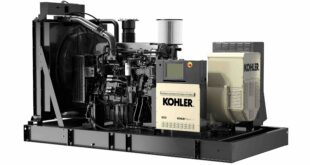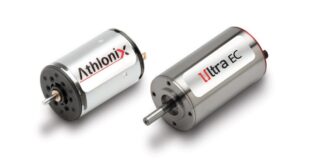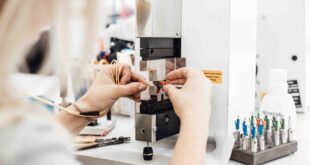When or if an effective COVID-19 vaccine is discovered, the next major challenge will be to scale up its development, clinical trials and manufacture to unparalleled levels, says the Cambridge, UK-based industrial design and product development partnership between Design Momentum and Plextek.
The two companies are working together to develop technology for a new range of lab-based collaborative robots, bringing together Design Momentum’s experience in life science technology and Plextek’s sensor design capabilities and innovative use of micro-radar systems, to improve scale-up capabilities
There is a pressing commercial need for new collaborative robots that can automate and semi-automate many of the manual processes involved in handling a variety of consumables, including Cell Factory, CellSTACK, HYPERStack and CELLdisc systems that are used in scale-up processes for the development of new vaccines.
The process will also support Phase 2 and 3 clinical trials, serving to accelerate the time to market. In addition to speeding up laboratory processes, the robots will remove the difficulties of manually handling heavy consumables during seeding and harvesting.
Design Momentum and Plextek are developing technology that uses a multiple-sensor configuration, rather like those found in Tesla cars, that monitors the environment around it and responds appropriately.
The team is also looking at ways of creating improved human interfaces, which include wearables, and technologies such as AI algorithms to support the processing of a wide range of reagents and cell culture consumables.
One of the problems of existing semi-automated systems is that they are often tailored to specific consumables from a given manufacturer.
The human interface is vital as connections such as feed and drain lines are made manually, and the process of seeding and harvesting and the monitoring of overall cell health is overseen by cell culture professionals.
Design Momentum and Plextek are engaging with other biotechnology companies, including Clinical Research Organisations (CROs) and Clinical Manufacturing Organisations (CMOs), to contribute to the development and provide end user experience.
“This new generation of collaborative robots will enable safe and efficient processing of a wide range of reagents and consumables in a user friendly and reconfigurable format,” says Stephen Guy, Design Momentum’s Principal Consultant.
“Our goal is to provide scientists with a solution that enhances laboratory efficiency and process repeatability at speed and scale,” adds Dr Nigel Whittle, head of Medical and Healthcare at Plextek.”We need to expand the capacity of systems if we are going to be able to scale-up vaccine testing and development. As well as creating complete robotic solutions for this process, future developments will look at ways of delivering a suite of sensors and software upgrades for existing robots to operate in collaborative mode.”
 Engineer News Network The ultimate online news and information resource for today’s engineer
Engineer News Network The ultimate online news and information resource for today’s engineer





